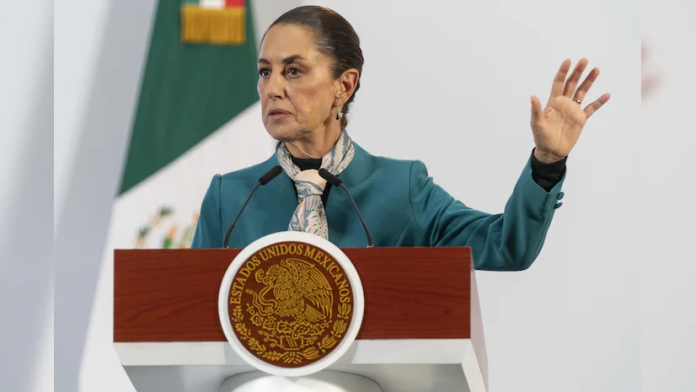President Claudia Sheinbaum said Mexico would retaliate if US President-elect Donald Trump imposed a 25% tariff, according to Reuters.
“If there are US tariffs, Mexico would also raise tariffs.”
Sheinbaum’s statement signalled preparations for possible countermeasures. However, Mexico’s Economy Minister Marcelo Ebrard, speaking alongside Sheinbaum, called for more regional co-operation instead of retaliatory import taxes.
It’s a shot in the foot. The impact on companies is huge.
The proposed tariffs would hit the auto sector’s largest cross-border exporters, including Ford, General Motors and Stellantis, particularly hard. Ebrard noted that 88% of pickup trucks sold in the US were made in Mexico, and prices would rise.
“Our estimate is that the average price of these vehicles will increase by $3,000.”
Trump claimed the duties would remain in place until the flow of drugs, particularly fentanyl, and migrants into the United States was brought under control. He also stated that Sheinbaum “agreed to stop migration through Mexico, and into the United States, effectively closing our Southern Border.”
Many analysts see Trump’s tariff threats as a negotiating tactic rather than a trade policy. Mexico’s auto industry is the country’s most important manufacturing sector, exporting predominantly to the US. It accounts for nearly 25% of all vehicle production in North America.
Meanwhile, Brian Hughes, a spokesman for Trump’s transition team, said the tariffs would protect US manufacturers and workers from “unfair practices of foreign companies and foreign markets.” Mexico’s auto industry group AMIA stated it would be prepared for any possibility and would wait for official action.
Ebrard reported that USMCA trade totalled $1.78 trillion in the first nine months of this year.
We can fragment and divide with tariffs. Mexico does not want conflicts and divisions, but to build a stronger region.
